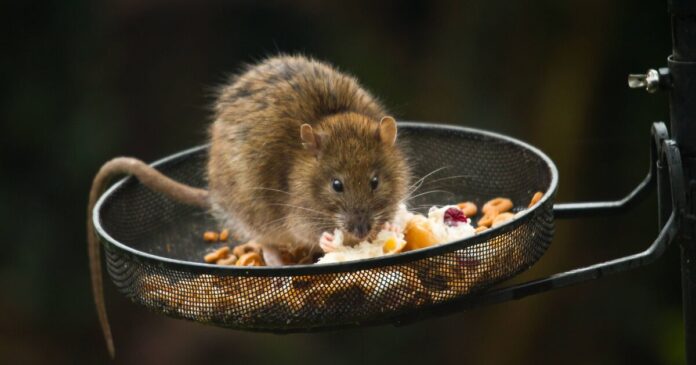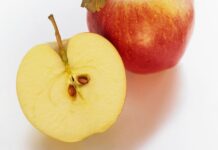
With colder weather taking over, many UK households will be looking to support their local bird populations by providing food outside in their garden. However, the fear of attracting rats often deters people from doing so.
Bird feeders can inadvertently create ideal conditions for rats to thrive, as fallen food is seen as a regular source of sustenance.
But the problem with that is rats in your garden can pose significant health risks, particularly to birds and outdoor pets. They are known carriers of diseases such as leptospirosis, salmonellosis, hantavirus, and rat-bite fever.
These illnesses can be transmitted through contact with food, water, or surfaces contaminated by rat urine or droppings.
Rat allergens can trigger allergies and asthma attacks. Their habit of gnawing on electrical wires can also increase the risk of fires, reports Wales Online. Managing and keeping these pests away really helps to ensure the safety of people, pets, and wildlife.
Rats can also be vectors for viruses, including the avian influenza virus (bird flu), which poses a significant threat to bird populations, especially in poultry farms.
There are ways to feed birds without inviting unwanted rodent guests according to a bird food expert. Lucy Taylor of Vine House Farm Bird Foods has shared some simple yet effective steps.
She warns: “Brown rats – or common rats as they’re also known – are never a welcome sight in the garden. It’s easy to see why: this non-native species, accidentally introduced to the UK around 1730 on ships from Asia, can cause significant damage, spread disease, and breed at an alarming rate.
“The good news is there are simple steps to prevent them from settling in your garden, starting with the most important one – removing their main food source, and in this case that means bird food.”
Below are the three key steps Lucy suggests to keep rats away while still feeding garden birds.
1. Never put out cheap bird food seed mixes
Lucy says that although this might not seem like an obvious step, cheap bird food seed mixes can be a major cause for attracting rats to gardens. They can also be a waste of money as far as birds are concerned.
Lucy explains: “The reason being that bird food mixes which contain cheap fillers like wheat and pulses, aren’t eaten by most birds and instead will be turfed out of feeders and fall to the ground, as birds like Blue tits and Greenfinches rifle through the mix in search of the odd edible morsel.
“The food then sits on the ground below the feeder, and although some species like Wood pigeon and Jackdaw may eat some of it, chances are it will remain there and therefore be available to a passing rat at night (rats are mainly nocturnal). So instead buy very good quality seed mixes, or just straight foods like sunflower hearts, as both will minimise the amount of food which falls to the ground.”
2. Use a metal feeder pole or feeding station
“Although rats can climb and would probably have little trouble reaching a feeder hung from a fence post or tree branch, they will struggle to get up a smooth metal feeder pole or that on a metal feeding station,” Lucy says. “As a further measure, you can add a plastic baffle to the steel pole which goes below any feeders, with these often sold to prevent Grey squirrels from getting to the food – but they work just as well for stopping rats.”
3. Remove ground trays during nighttime hours
Lucy explains: “With species such as Blackbird and Robin ideally needing a ground tray or dish to feed from (as ground feeding species, they struggle with hanging feeders), leaving this type of feeder out overnight could be an invitation for rats. So by bringing it in and storing it in a garage or other safe place overnight, then putting it back in your garden the next morning, the risk is removed.
“In summary, now is the time of year to increase the level and variety of food you put out in your garden for wild birds. Rats are generally only attracted to gardens by bird food if precautions aren’t already put in place, with the absolute key one being to avoid cheap seed mixes and only use high quality bird food which therefore minimises waste.”
Lucy became part of the family enterprise in 2004 to assist with overseeing the bird seed operation. Lucy ensures that Vine House Farm can provide its clientele with “the very best bird food and feeding accessories”. Every year fresh prototype feeders and foods undergo testing to guarantee that “we are able to offer the very best of foods for your garden birds”.






















